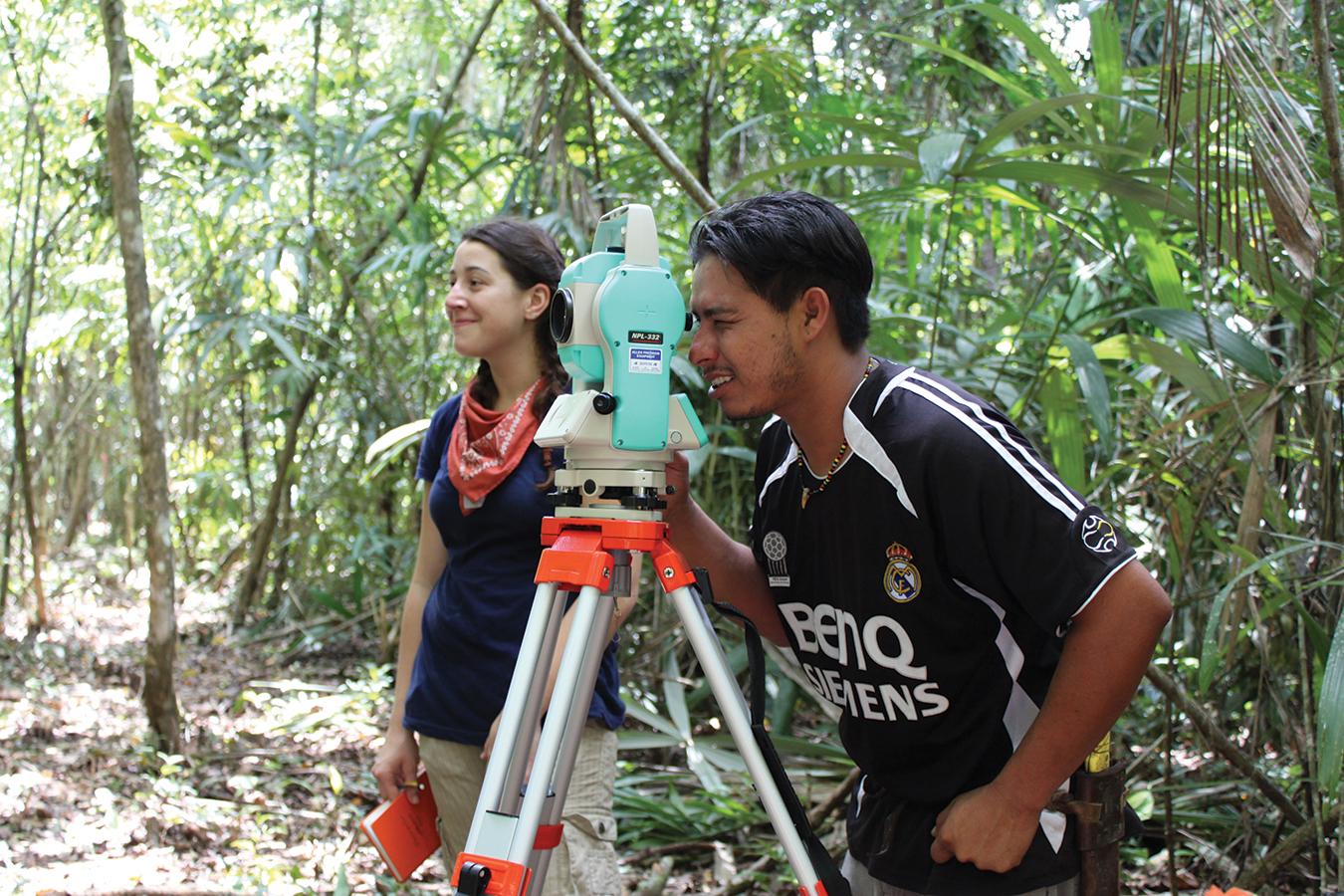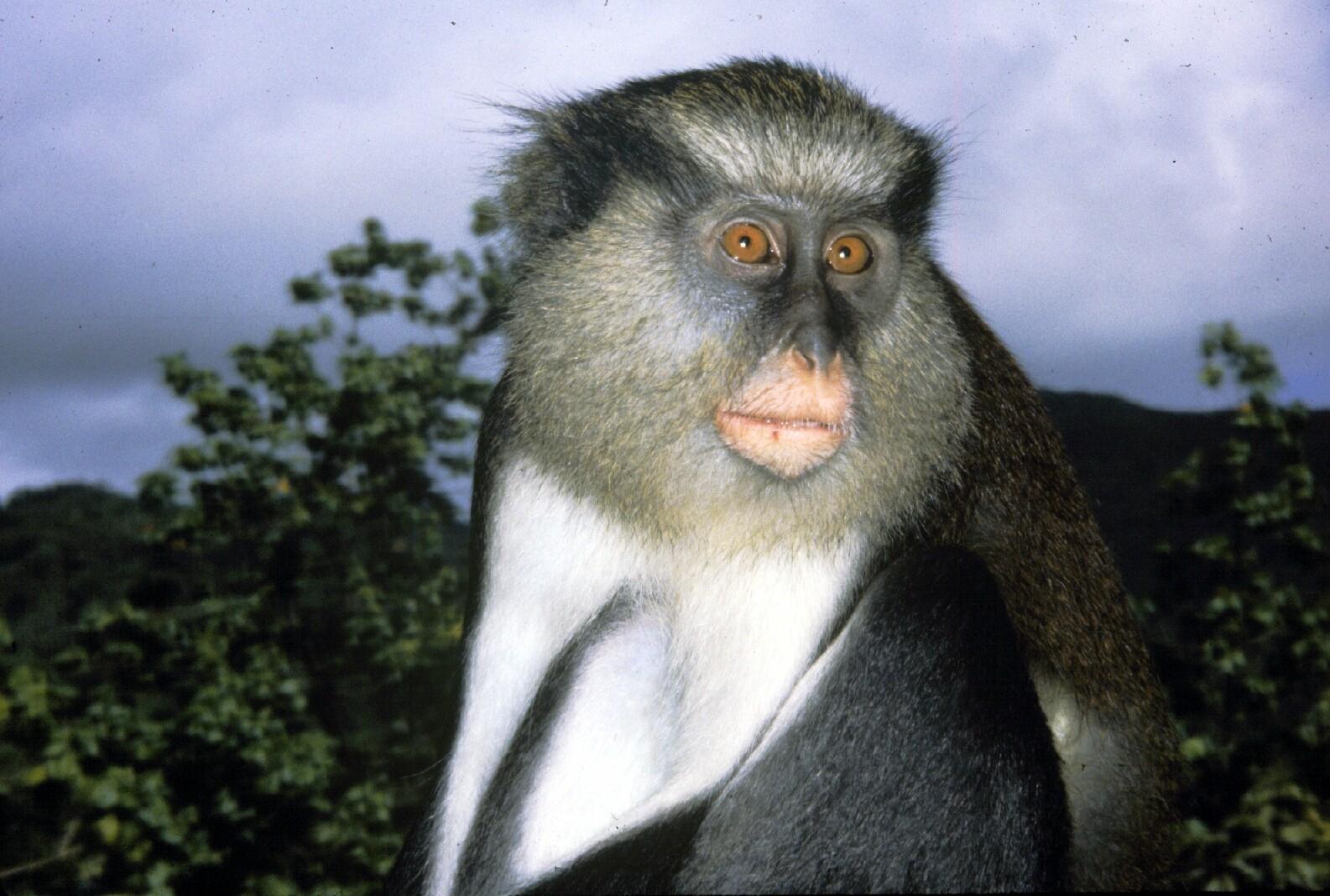Anthropology Subfields
Anthropology includes intersecting subfields of archaeology, biological anthropology, linguistic anthropology, and sociocultural anthropology. Applied anthropology overlays the other fields of anthropology and aims to apply anthropological methods, theories, and practices to contemporary issues.

Archaeology
Archaeology seeks to better understand cultures through investigating things that people leave behind, including artifacts (tools, vessels...), features (hearths, buildings...) and ecofacts (animal bones, plant remains...).

Biological Anthropology
Biological anthropology is the study of human biology and evolution across diverse fields including primatology, paleoanthropology, forensic anthropology, and evolutionary health. It looks at relationships between behavior, ecology & biology.

Linguistic Anthropology
Linguistic anthropology is the dynamic study of language, addressing topics like language formation and spread, how and why languages change over time, and what happens when multiple languages meet.

Sociocultural Anthropology
Sociocultural anthropology investigates ways humans organize themselves, cultural practices, belief systems, what constitutes meaning and value, and how material and intellectual resources are allocated both within and across cultures.
